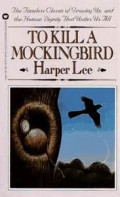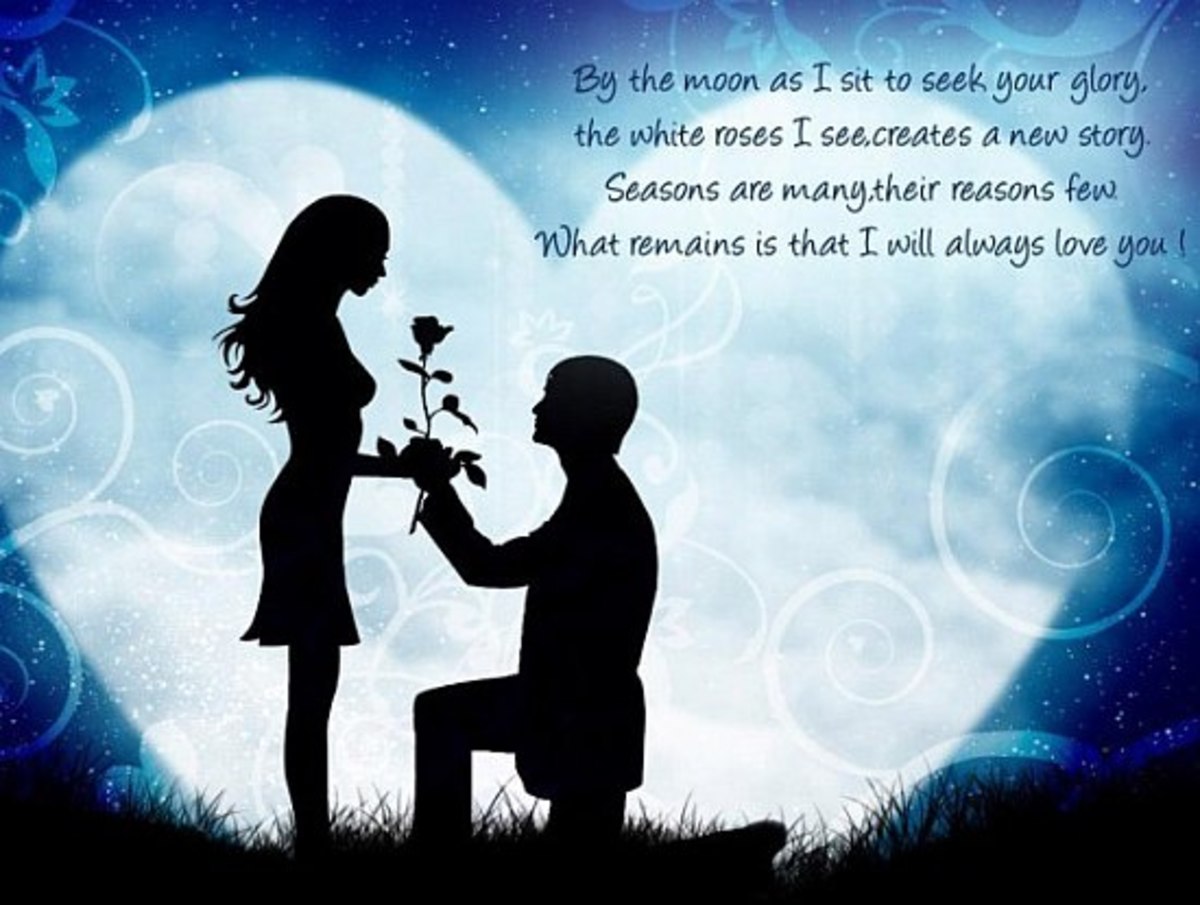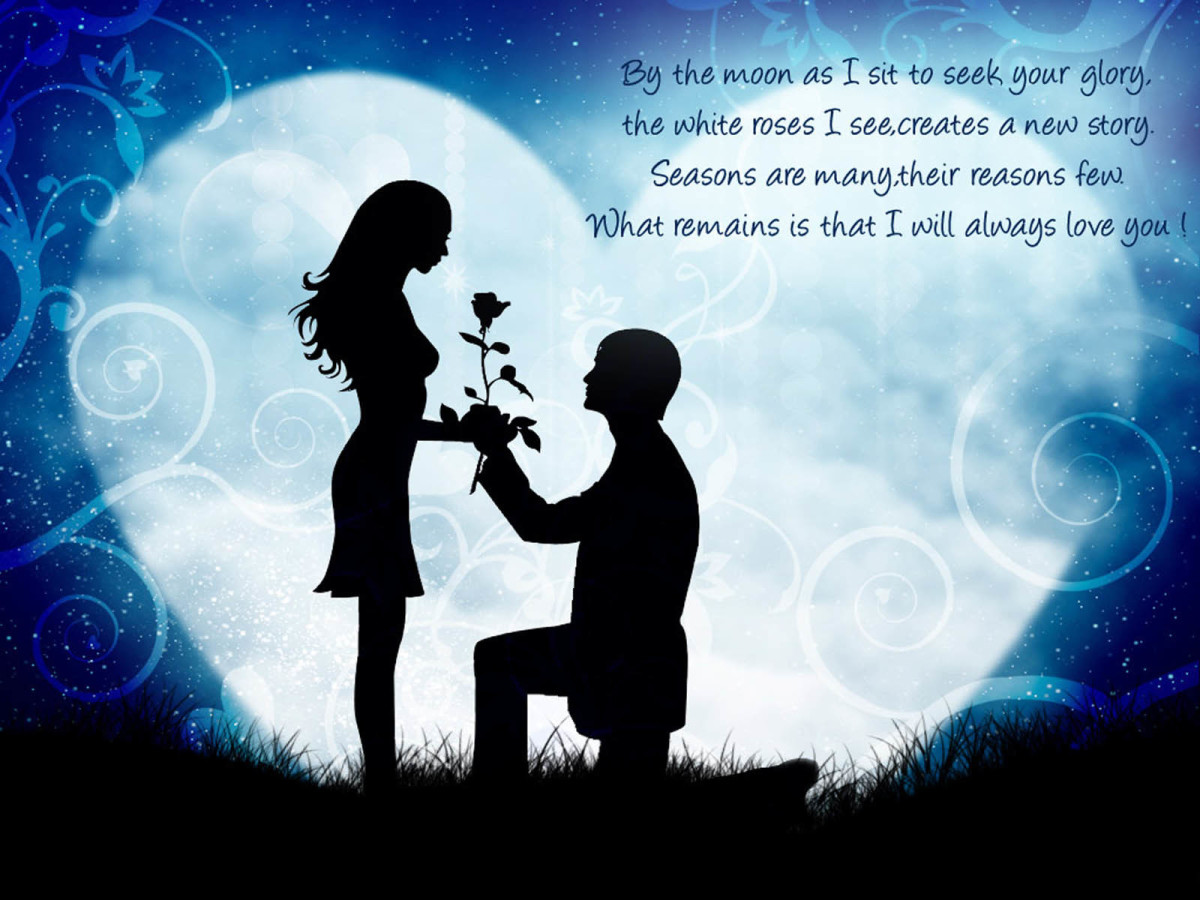More Writing Tips to Give Your Settings Added Depth
The Two Most Common Forms of Fiction Writing
Is your story character-driven, or is it driven by plot?
Think back to novels that you have read, and chances are that they will fall into one of those two categories. However, there is a third category that is often ignored, but which can be a boon to any story or novel. I am speaking, of course, about setting.
Take a look at science fiction for an example of setting-driven novels. In most science fiction, if not all, the characters are either operating in an unknown environment that dictates their actions, such as outer space, or they are in a familiar environment which is threatened by an invader. In both cases, the setting is crucial to the story.
I would submit to you, for your consideration, that even if you are not writing science fiction, setting can add great depth to your story if you use it and develop it properly. One only has to look at some of the great western novels for an example of this truth, or a classic like “Chesapeake” by Michener.
So let’s take a look at this area. What follows are some things to consider the next time you sit down to write a novel.
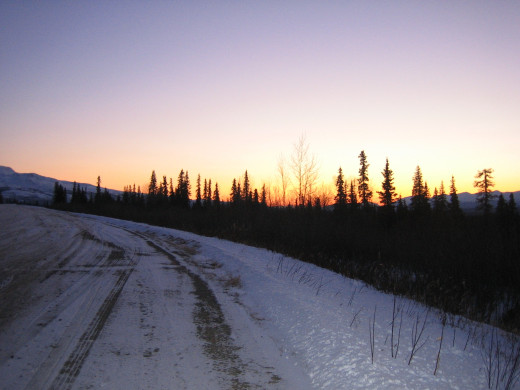
WHICH SETTING WILL BEST COMPLIMENT YOUR STORY?
Is it a haunted house? A war zone? The deep woods of Maine, or the frozen tundra of Alaska?
Writers begin with a story idea. Many writers begin with a theme, like “love conquers all.” Take your theme, and determine which setting would best serve it. By choosing the right setting, you just might find the writing will flow easier.
HAVE YOU ADEQUATELY DESCRIBED YOUR SETTING?
In order for setting to work magic in your story, it must come alive for your readers. Have you made this happen?
Here we rely on the fact that writers and readers all share five senses. Use those senses to describe your setting. You, or your characters, are going to describe the setting through your eyes. You must make that setting real to your readers. A haunted house will only seem haunted if you adequately describe the cobwebs, the creaking boards, the musty smells, and the tangible presence of evil. If you fail to do that, your horror story might as well take place in a supermarket.

MAKE YOUR SETTING UNIQUE
"The one thing emphasized in any creative writing course is 'write what you know,' and that automatically drives a wooden stake through the heart of imagination. If they really understood the mysterious process of creating fiction, they would say, 'You can write about anything you can imagine.'"
Tom Robbins
I can write a setting description of a small town in Vermont, and ten different writers can do the same. Several will be better than the others because those descriptions made that town unique.
How do you do this?
Research similar settings in real life, and use that research to make your setting seem genuine. I remember my grandmother, the wife of an Iowa corn farmer, telling me one day that the store I wanted to go to was “a spit and a holler down the road.” I have used that line often because it has an air of authenticity for any setting that takes place in the country.
Similarly, when I lived in Alaska for a year, the locals often said, “It’s cold enough to freeze the balls off a brass monkey.” That, my friends, is a great descriptive line, and one that makes a small town in a cold climate very unique and believable.
MAKE YOUR SETTING FUNCTION LIKE A CHARACTER
There is a wonderful series of novels written by Craig Johnson about a small-town sheriff (Longmire) that takes place in central Wyoming. All of the books in that series use the Wyoming countryside to such an extent that the setting becomes an important character in the book. Blizzards blow in with such ferocity that they actually become the antagonist to the protagonist Longmire. Heat waves settle in, and tornadoes touch down, and all must be dealt with within the structure of the story.
If you can make an act of nature appear to be human, you are one fine writer.
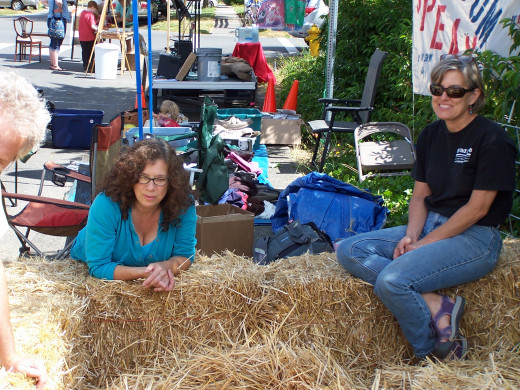
DOES YOUR SETTING ESTABLISH TONE?
If it doesn’t, it should!
I have mentioned the Dave Robicheaux series by James Lee Burke before, but I’m going to do it once again to drive home this important point.
Burke is a literary artist when it comes to describing the bayou country of Louisiana, and his descriptions of that setting deliver a strong message of beauty and danger bound together, so that, in his books, tranquility has sharp teeth and danger can appear peaceful.
I am also reminded of a Stephen King screenplay called “Storm of the Century.” King’s descriptions of a blizzard are so vivid that the storm actually seems sinister in nature. Read that again: the storm, an act of nature, takes on human characteristics, and thus establishes a dark tone throughout the screenplay.
WHAT HAPPENS IF YOU LIMIT THE SETTING?
I’ll explain through an example I’m just going to dream up on the spot.
What if your novel took place in a West Virginia mining community? We get to know the main characters, and we get a feeling for the general setting of the book. A couple chapters into the book, however, the main characters are trapped in a mine collapse, and the rest of the book takes place in a very restricted setting. How are the characters going to react to these limitations? What will those limitations do to the tone of the book?
WHERE ARE YOUR PROTAGONIST AND ANTAGONIST FROM?
Here we use settings from your characters’ past to dictate how they will react in the future. How do the settings of their childhoods influence their values and character?
We are all products of our past to a certain degree. Remember that when you are developing your main characters. How one person acts in a crisis is by no means how another will act, and their different reactions will greatly affect the outcome of your book.
Join me on my writing site
- William Holland | Thoreau of the 21st Century
A site for writers. Drop by and we'll discuss writing tips, ideas, the latest in contests, and anything else that pops into our minds
Did you find this helpful?
Just Something to Think About
Believe me, I understand the importance of plot, and I am a huge advocate for strong characters who ooze depth. However, a writer simply cannot ignore setting. Ignoring setting is like a thoroughbred horse trainer being satisfied with winning the Kentucky Derby and the Preakness, but coming in tenth in the Belmont Stakes. Thirty-three horses have won the first two legs of the Triple Crown. Only eleven have won all three, and those eleven are legends in the sport.
Do you want to be a legend, or someone who just admires legends?
Just something to think about.
2014 William D. Holland (aka billybuc)
“Helping writers to spread their wings and fly.”






